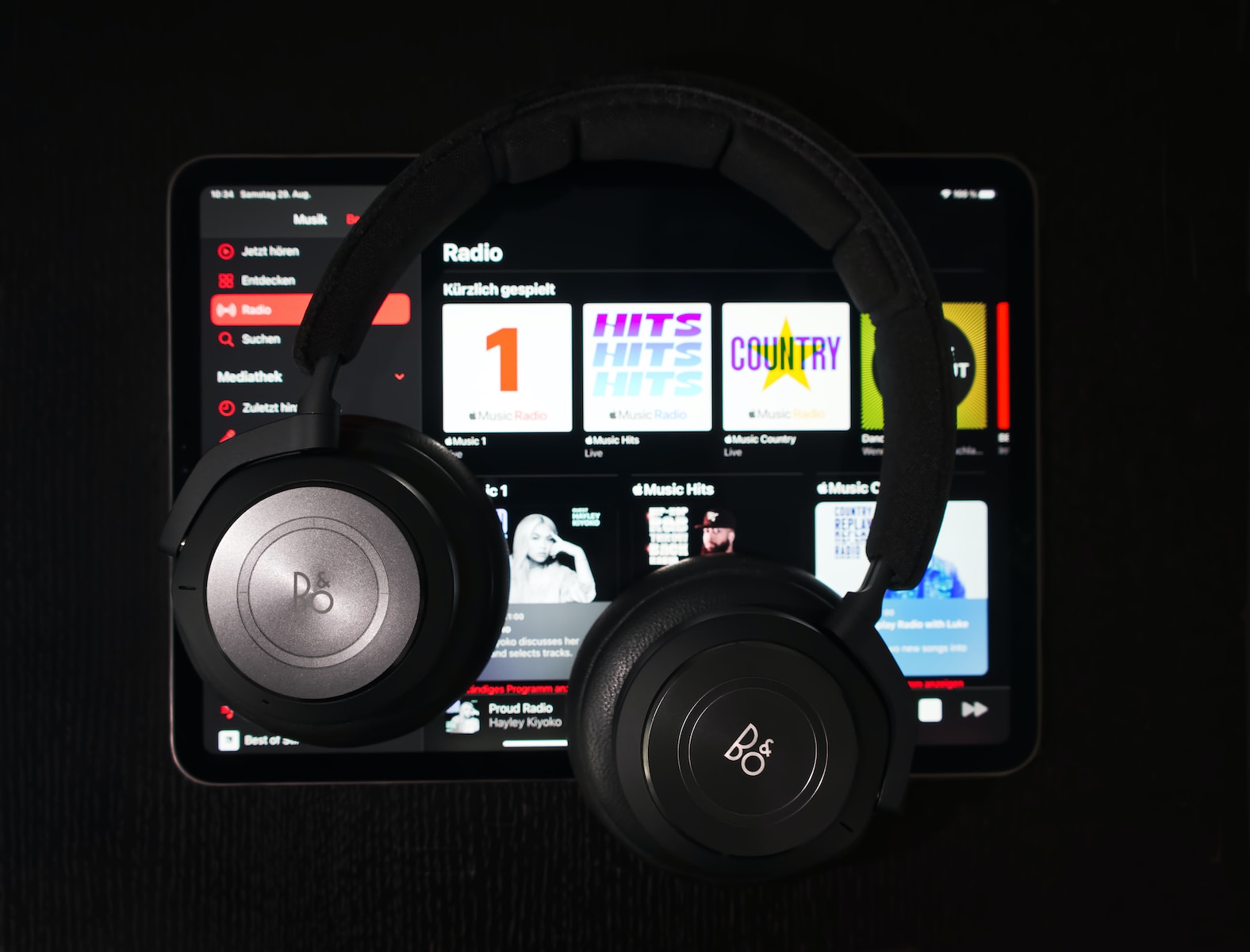
Photo by Alexander Sinn on Unsplash
Apple Lawsuit Settled Over iTunes Gift Card Scams
January 4, 2024
Apple is settling a lawsuit that accused the tech retailer of allowing fraudsters to exploit its iTunes gift cards and pocket a portion of the stolen funds. The legal dispute was centered around allegations that Apple knowingly facilitated scam activities through its gift cards, benefitting from the fraudulent transactions by retaining a hefty chunk of the stolen money.
The details of this arrangement surfaced from an official filing at a federal court in San Jose, California, where Apple and the victims who claimed they were scammed have reached an agreement. After collaborating with a mediator, both parties are currently crafting the final agreement for the judge’s initial approval.
The fraudulent scheme revolved around criminals coercing victims into buying App Store and iTunes gift cards or Apple Store gift cards under the guise of paying various bills, ranging from hospital and utility expenses to taxes, bail, and debt collection. The scammers would then convince victims to share the unique codes on the back of the cards.
The lawsuit alleged that Apple acted to convert these stolen codes into cash. Apple supposedly took the money, kept a 30% “commission” for itself, and transferred the remaining 70% to the scammer’s bank account. The victims of the scam supposedly lost hundreds of millions of dollars in total.
The lawsuit catered to those in the U.S. who, between 2015 and July 2020, purchased gift cards applicable to iTunes or the App Store, gave the codes to fraudsters, and didn’t receive a refund from Apple.
Earlier in June 2022, a bid by Apple to dismiss the lawsuit was rejected by the court. The judge ruled that the plaintiffs successfully accused Apple of denying any liability, even when victims came forward saying they were scammed — a move deemed by the judge as unconscionable.
Recent News
Massive Data Breach Hits Ticketmaster, Affecting 560 Million Customers
Ticketmaster has fallen victim to a significant cyber-attack, potentially compromising the data of up to 560 million customers. The breach was confirmed by Ticketmaster’s parent company, Live Nation, which revealed that a notorious hacking group, ShinyHunters, is behind the attack. The hackers are demanding a ransom of approximately £400,000 to prevent the data from being sold on the dark web.
Toyota Recalls 100,000+ Tundra and Lexus LX SUVs Over Engine Debris Issue
Toyota has announced a recall for over 100,000 Tundra pickups and Lexus LX SUVs in North America due to potential engine issues caused by machining debris. This recall affects certain 2022-2023 models of the Tundra and LX, which are equipped with the new V6 twin-turbo engine. The V6 twin-turbo engine has faced considerable scrutiny regarding its reliability, especially when compared to the previous naturally aspirated V8 engines.
Wordle and Worldle Battle Over Names
A legal dispute has erupted between the wildly popular word game Wordle and the lesser-known geography game Worldle, centering on the similarity of their names. Wordle, which was developed by Josh Wardle in 2021 and later acquired by the New York Times in 2022 for a substantial sum, has gained immense popularity. In this game, players have six attempts to guess a five-letter word.
FDA Issues Recall for Crecelac Goat Milk Infant Formula
The U.S. Food and Drug Administration (FDA) has issued a safety alert regarding Crecelac Goat Milk Infant Formula and other infant formula products imported and distributed by Dairy Manufacturers Inc. The alert highlights Cronobacter contamination concerns with Crecelac Infant Powdered Goat Milk Infant Formula. Although Dairy Manufacturers Inc. initiated a recall on May 24, 2024, due to non-compliance with FDA regulations, new findings of Cronobacter contamination have prompted further action.
